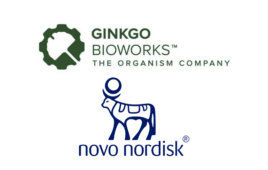
Photo by Artem Podrez from Pexels
Research groups throughout the world are considering whether the Bacillus Calmette-Guérin (BCG) tuberculosis vaccine can effectively slow the spread of the novel coronavirus.
Earlier this month, a group of Russian researchers analyzed roughly 100 studies that charted the virus’s spread worldwide. Regions that used the BCG vaccine had a lower infection rate than areas that didn’t, the researchers concluded in Juvenis Scientia. Countries with a history of using the BCG vaccine include Finland, China, Japan, South Korea and Russia. Regions where the BCG vaccine has not been widely used in the past two decades, including the United States and nations in Western Europe, had a higher spread of the virus.
Scientists at Cedars-Sinai also determined that healthcare workers who had received the live attenuated vaccine had a lower chance of contracting SARS-CoV-2. In particular, workers who had received the vaccine were less likely to test positive for COVID-19 antibodies or report having symptoms of the disease. The researchers published their findings in the Journal of Clinical Investigation.
The French bacteriologists Albert Calmette and Camille Guérin developed the BCG vaccine over a 13-year period beginning in 1908.
FDA has approved its use in treating bladder cancer and for patients at risk of contracting tuberculosis.
While dedicated COVID-19 vaccines are undoubtedly more effective in generating an immune response to the virus, the BCG vaccine could potentially serve as a vital tool before dedicated vaccines are widely available.
Studies in Israel and Sweden comparing adults who had received the BCG vaccine with those who hadn’t found no substantial protection from the vaccine.
The Cedars-Sinai concluded that randomized controlled trials are needed to confirm its potential. A number are underway across the world.
If BCG vaccination does prove to be an effective tool against COVID-19, it could facilitate herd immunity, the management consultancy McKinsey concluded.
The World Health Organization has counseled against using BCG to protect against COVID-19 until more data are available.





Tell Us What You Think!